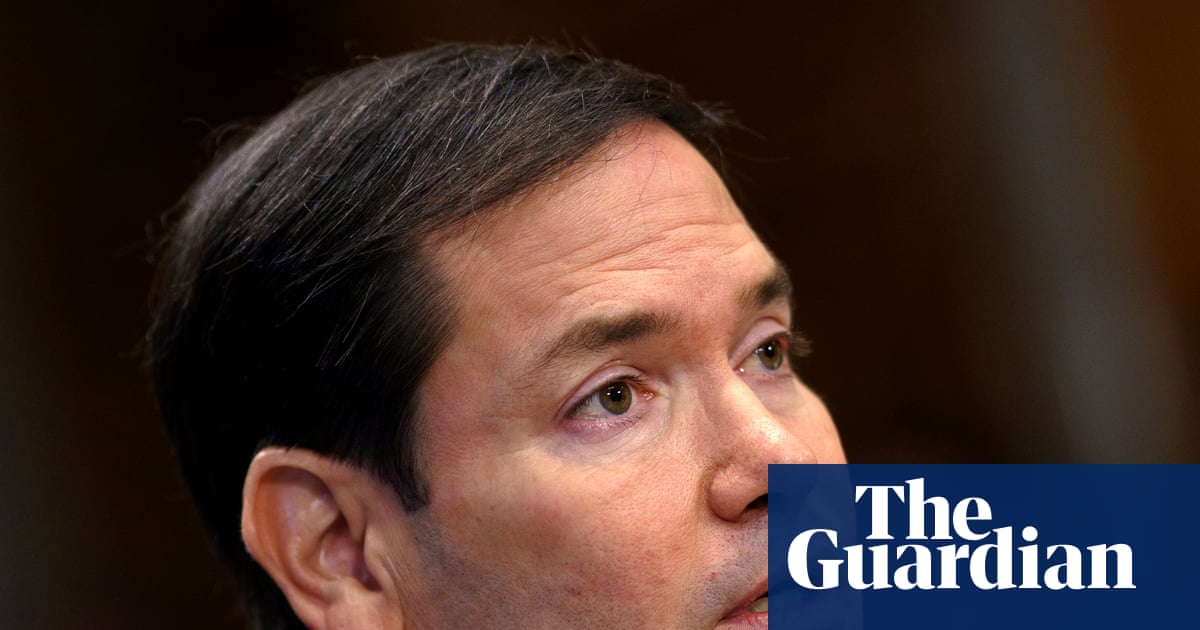Sat, Sep 13, 2025, 2:00 PM 5 min read
Some of the world’s biggest food companies are confronting a strange reality in Washington: They’re no longer getting their way.
After decades of seeing glad-handing on Capitol Hill and positive relations with the White House pay off in policy wins, food industry lobbyists are finding fewer receptive audiences and even struggling to get key meetings as consumer trends and a triumphant political movement fracture old alliances.
“Most of the food industry is like the stunned fish you get when you stick a cattle prod in a fish pond,” said one long-time food industry lobbyist granted anonymity to speak candidly.
The White House’s plan to improve children’s health, released Tuesday, is the clearest signal yet that Robert F. Kennedy Jr.’s Make America Healthy Again agenda is scrambling the equation for how K street wields its influence, leaving the food industry divided and confused.
While farm groups were able to persuade the White House to dial back its criticism of pesticides, companies that manufacture processed foods are instead seeing the Health and Human Services secretary pushing front-of-pack nutrition labeling, tighter regulations of ultra-processed foods and new limits on additives — all changes that could have significant financial implications for their trillion-dollar industry.
“These are not surprises,” said a second industry representative granted anonymity to speak candidly. “But that doesn't mean that … this is not still a fundamental change in some things for the industry that we're going to have to be prepared to deal with.
This account, which is based on nine interviews with representatives across the food and consumer packaged goods industry, paints a picture of a food sector at war with itself over how to respond to White House attacks — or whether to respond at all.
Tuesday's MAHA strategy report comes as the industry is facing sweeping changes: Weight-loss drugs are shrinking serving size, states are banning ultra-processed foods from school lunches and tariffs are decimating profit margins.
Though it didn’t meaningfully change the administration’s position on food additives or labeling, some in the industry thought the MAHA strategy report represented a shift. For one, some in the industry were invited to share feedback before its publication. At the report’s launch, White House Domestic Policy Council Director Vince Haley even namechecked “recommendations from industry.” But most lobbyists are still skeptical that it’s anything more than “a bright spot,” as a third person described it.

 German (DE)
German (DE)  English (US)
English (US)  Spanish (ES)
Spanish (ES)  French (FR)
French (FR)  Hindi (IN)
Hindi (IN)  Italian (IT)
Italian (IT)  Russian (RU)
Russian (RU) 























Comments